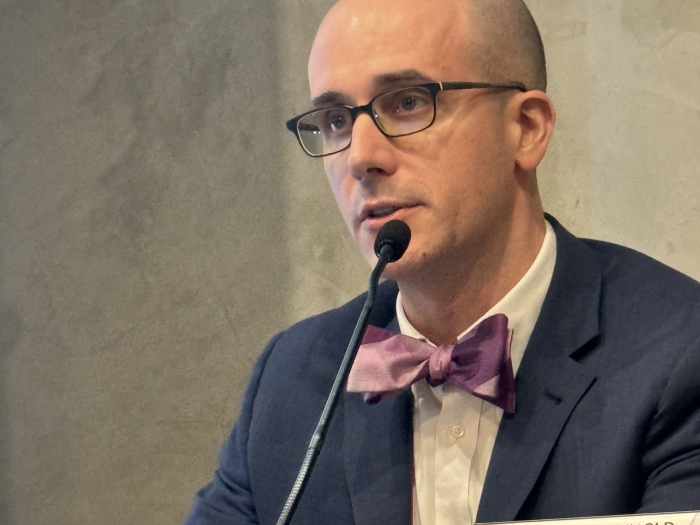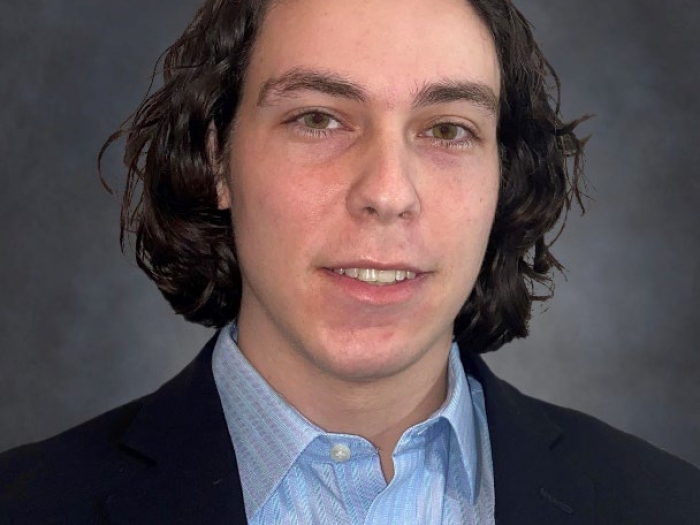Throughout my time here at Michigan thus far, in addition to learning from the "leaders and best," what has kept me afloat has been acknowledging the importance of finding experiences in what I personally value and am passionate about. Sure, there are plenty of people doing amazing things in the traditional leadership sense. These individuals are the ones I was envisioning in Part 1 of this post: those who are in a position of power, vocal, and actively seen by the community as leaders.
However, leadership comes in a variety of flavors. The concept of leadership has always captivated me; historically in the athletics realm, and more recently, I've enjoyed observing and exploring the various leadership styles in the medical community. One thing I've noticed is that leadership is about your attitude, not your position. For instance, there's a type of leadership that is not as highlighted and coveted as the one most commonly accepted. It portrays a leader who is present, who shows up, who is dependable, who is a team player, who is invested in the cause of the matter and not the title it's associated with. Still sounds like a leader, right? This form of leadership, known as followership, has become an increasingly popular and recognized type of leadership across many domains. Just as the connotation of "leadership" does not necessarily have to be one of authority and dominance, the implication behind being a "follower" should not be associated with being second-string, unexceptional or noncontributory.
Susan Cain, the author of "Quiet: The Power of Introverts in a World That Can't Stop Talking," recently wrote an op-ed in the New York Times (the inspiration for this blog post) that calls for the need to encourage followership and emphasizes the importance of schools valuing their students' purposes, passions and drives to create positive impact.
College and medical school have been crucial times for personal and professional growth for me as well as for my classmates. Rather than having us stress under the pressure to accumulate as many leadership roles as possible to boost our candidacy for our next level of training, Cain drives home the idea that the world doesn't only need leaders, but it needs team players. It needs people who do well and who do good. It needs followers.
At a place like Michigan, I've learned that it's okay to be a follower among my classmates. And, there does not have to be a differentiating line between being a leader and being a follower. However, there needs to be a growing emphasis and recognition of opportunities where leadership does not come in the form of being heard, seen or acknowledged, but instead felt by presence and by purpose. There is so much power behind following personal values and passions. Cain wrote that we need "leaders who are called to service rather than to status." Fortunately, there are just as many of these sort of individuals at Michigan as there are traditional leaders, and many more who are a mosaic blend of the two. And still, the common quality across my medical school class? Driven students committed to training to provide the best patient care.
Thanks for reading, everyone. It's time for me to return to the land of the "leaders and best," both as a leader and a follower. I'll leave you all with one of my favorite quotes by Viktor Frankl: "For success, like happiness, cannot be pursued; it must ensue, and it only does so as the unintended side effect of one's personal dedication to a cause greater than oneself."


Department of Communication at Michigan Medicine
Want top health & research news weekly? Sign up for Health Lab’s newsletters today!





